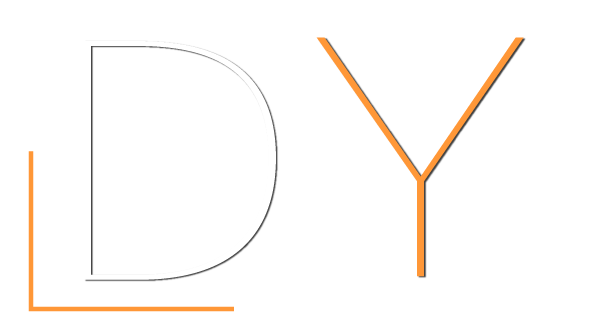Even the suggestion that “funny” may be a teachable thing likely strikes most of us as whimsical at best, and deceptive at worst. But what other aspects of life have we become convinced are available through learning that can never be taught? Is “happy” one of those?
In modern culture the concept of learning is exclusively referenced as something that makes you a better and more valuable person. But does everything called learning actually achieve this? Better and valuable to whom? Does all learning contribute to your life in the ways you care about? Does any learning contribute to life, or just complicate it?
In other words, can some learning be destructive to your own life? If so, shouldn’t there be another word for that? Without that other word we’re all susceptible to confusing all learning with something unerringly constructive.
I had a rough start to life; my childhood was the household version of a war zone. By the time I was able to come up for intellectual air, I knew that I wanted to clear my life of the leftover baggage and realize my full potential as a human. I realize that this experience may not be a universal one, but the baggage of general internal despair and loneliness, and the desire to rise above it, is far more common.
Starting with the emphasis society puts on education, I was taught that the primary strategy for accomplishing anything in life is learning. That is a dictum that is continually reinforced from every corner. So, I learned. I read, I listened, and modeled, I (literally and figuratively) sat at the feet of masters. Yet, for all of this, my life was still stuck in a place of internal despair and loneliness. How could this be? Why didn’t learning save me when the express goal of my learning was precisely that.
What all this learning taught me was “true” in the logical sense, but “false” in the experiential one. What, then, is the value of truth when it doesn’t elevate the quality of your experience? In all the acclaim heaped upon the notion of learning, this question is never asked or answered.
The answer lies in the fact that there is both an objective version of the word “truth”, and a personal one. Realize that the idea of learning and the idea of truth are never treated as separate notions, even though they are. So, as with learning, our language desperately needs a new word for this alternate version of truth as well. The failure to distinguish personal truth (that which is true only to you, but still true) from objective truth lies at the center of whether “learning” is the rewarding pursuit it is promised to be.
Only your own personal experience can reveal whether learning may not only be false in the experiential sense, but also even worse: actually destructive to the cause of loving your life. If only because it asks you to look somewhere other than where the answer is. The greater possibility is that loving your life cannot be taught at all for the simple reason that it cannot be learned at all.
But that isn’t stopping so many of today’s crop of self-anointed teachers — psychologists, self-help gurus, personal development consultants, life coaches, thought-leaders, etc. — from promising a result of “happy”. And, as many of you know from my previous writings, it even includes teachers of health, fitness, and nutrition. All of these pursuits have one thing in common: they promise that the result of learning is a better experience of life; a promise nobody can fulfill.
It is only through a failure to distinguish objective vs personal truth that we believe a better experience of life is acquired through learning. This failure results in us continuing to struggle with confusion, depression, limitation, and loneliness despite, or perhaps because of, our learning. If we accept all teaching as constructive to live, we will ultimately find it has mostly been a distraction from, rather than a path to, what we seek.
Can you allow yourself to conceive of “not knowing” as a crucial component of happiness? If that sounds oxymoronic and more than a little irrational that’s because it is. But only logically. The very nature of happiness, and life itself, is irrational and unjustifiable in any logical sense.
This is a little easier to understand in the context of humor. Can you learn to be funny? Most of us intuitively know the answer is no, as evidenced by the fact that there are no “funny schools” or “humor masterclasses” or “comedy coaches” roaming the internet in search of clients.
We all somehow know that humor rises from deep inside us. It is already there in all of us, and is always present. The only trick to “being funny” is to access that part of ourselves and give it a voice. There is no language for this; no formula or “steps to” for us to learn. There is only discovering what is already there.
That discovery is the opposite of learning. In other words, the only reason that we are not funny is that we have learned not to be. We have learned that being funny is unreasonable, immature, shameful, risky or any number of other logically justifiable facts that we have adopted as objective truth about life. Yet where is the excitement about life that we were seeking in the first place.
Now, we have only to realize that “how to love your life” is the equivalent of “how to be funny” in its teach-ability. Loving the act of living is always and only an act of discovery. It is the universal goal of being a human, and what most of us hope to achieve through “learning’. But it will never be found there. In fact, most of the learning that goes on today under the banner of universal and objective truth (a.k.a., facts) are actually the cause of our discontent, not the solution for it.
Never forget: not knowing is equal to knowing as a crucial component in the joy of living. Unless and until we approach all “learning” armed with the distinction between the objective world and the personal one, we will subject ourselves to more of what separates us from that ultimate joy of being alive.

